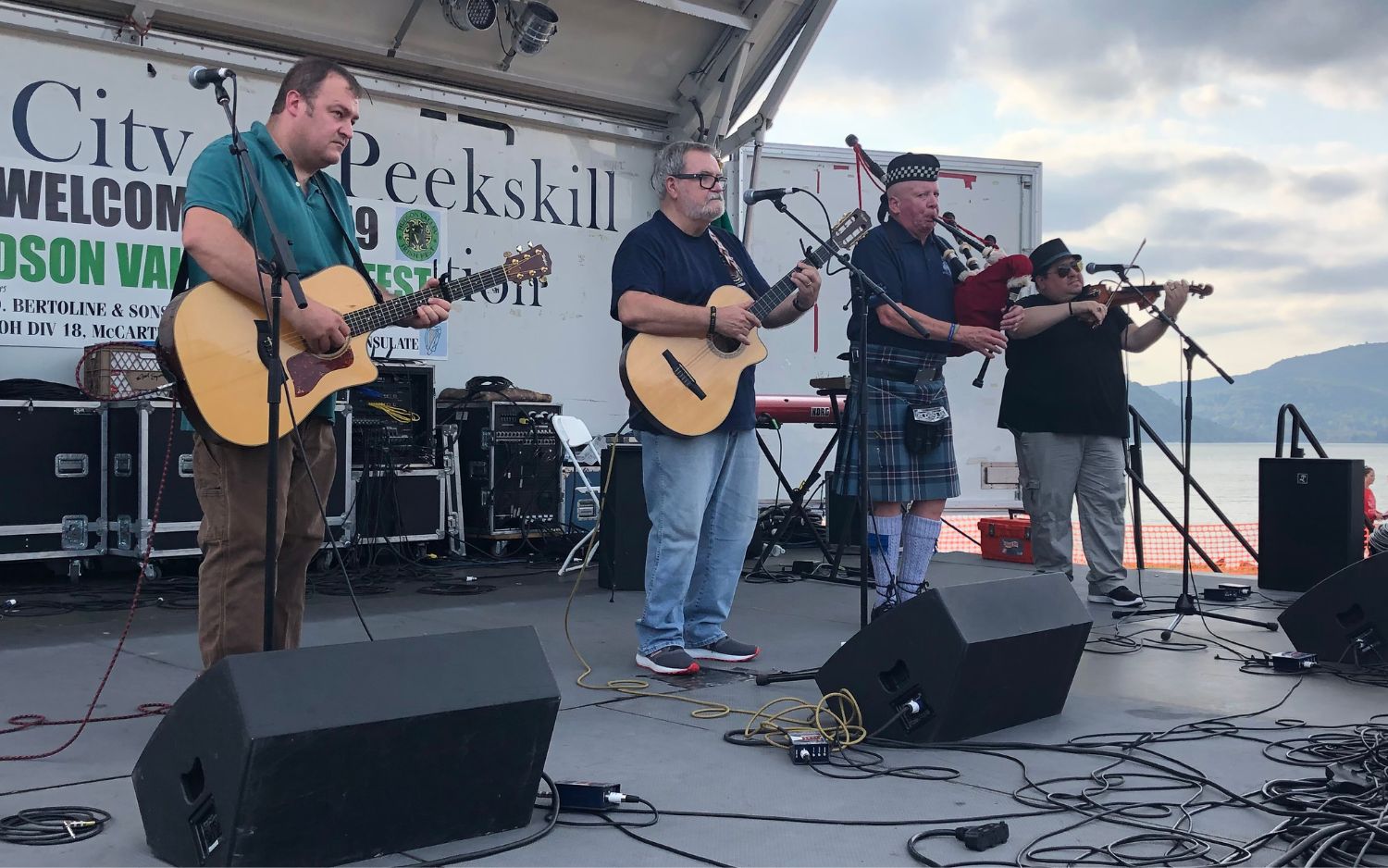Mari Steed doesn’t get angry very easily. Her presence has a very calming influence, but when you bring her back 50 years to a harrowing time in a mother-daughter home in Co. Cork she tenses up.
Steed, 50, spoke to the Irish Voice from her home in Levittown, Pennsylvania about intrusive, illegal medical trials that were conducted on her young body as a baby.
Steed says she was used as a human guinea pig for a large medical firm to test and improve vaccines for tetanus, diphtheria and whooping cough.
Steed presented her medical files to the Irish Voice as proof. They reveal she received her first injection on December 9, 1960 and another on January 6, 1961. Despite being ill after the third injection on January 7, 1961, she was given her fourth and final shot on February 10, 1961, and a booster shot of polio on October 3, 1961.
Steed was born Mary Fitzgerald to a young Co. Wexford woman by the name of Josephine Fitzgerald in 1960. Because Josephine became pregnant with her daughter out of wedlock she was sent to a mother-daughter orphanage style home to have the baby.
Josephine, now in her sixties and also born out of wedlock, was familiar with such homes. She grew up in them and quickly realized she didn’t want her daughter to have the same sort of upbringing. Instead she nursed, played with and loved young Mary until she was 18-months-old.
Josephine then painstakingly handed over her daughter to an Irish American couple in Pennsylvania who promised to take good care of her.
Steed, now director of technology and new media at the World Affairs Council of Philadelphia, has no memories of her time in Bessborough Mother and Baby Home in Cork, but she does have the doll her mother made for her and other memorabilia she brought with her on the plane journey from Ireland.
Forty years later, during a search for her birth mother, Steed horrifyingly discovered she was used as a guinea pig on a drug trial.
A young Steed was one of 211 children in the care of the Catholic Church that the Wellcome Foundation (now GlaxoSmithKline) frequented to test a four-in-one drug in the sixties and seventies in Ireland.
In Steed’s case it was between December 1960 and October 1961, when she was between nine and 18-months-old.
The Commission to Inquire into Child Abuse, also known as the Laffoy Commission in Ireland, investigated the drug testing in 2001, but a court order by two doctors involved in the trials put a halt to the probe by 2003.
Steed and her birth mother Josephine both presented evidence to the Laffoy Commission before it was disbanded.
However, Steed is hopeful that the case will be reopened in Ireland as calls for the government to deal with the scandal intensifies.
“We were very upset that the investigation was called to a halt. So many mothers and children came forward but nothing more could be done,” said Steed bitterly.
Although putting it on the back burner, Steed said the injustice she suffered as a baby was always in the back of her mind.
She recently teamed up with three other victims living in the U.S. who were also adopted from Ireland to take legal action against GlaxoSmithKline and the Sacred Heart Order, which allowed the tests at the Bessborough Mother and Baby Home and other homes throughout Ireland.
“I feel it’s the right thing to do,” she said.
Steed, a mother of three, isn’t interested in financial gain. She seeks the truth behind her ordeal. Why, she wonders, were such experiments allowed to be carried out, and who gave the permission?
“A formal apology for one would be nice, and everyone used during these trials should be given some sort of medical follow-up to make sure there are no side effects,” said Steed, admitting that as far as she knows her health is good.
Her birth mother Josephine told the Laffoy Commission her permission was never sought or given, from either the multinational drug company responsible for the vaccine trials or the Sacred Heart order.
“My mother never gave permission to anyone to test these drugs on me, so why did they do it?” she asks emotionally.
Steed’s own story is remarkable. Seemingly following in her mother’s footsteps Steed, after falling pregnant as a teenager, gave up her eldest daughter, Kerry, for adoption at the request of her adoptive mother.
Steed too was sent to a mother and baby home in Philadelphia and cut off from her family at the time.
“It was when Kerry was born in 1978 that I began getting curious about my own mother. After all, I was walking in her same shoes,” said Steed, who is now back in Kerry’s life.
Her curiosity sparked a journey that turned out to be a blessing. While working at a college in Florida, Steed was introduced to the powers of the Internet and its search engines.
“The very first word I typed into the search engine was adoption. From there I found a few U.S.-based support groups, but no one had any idea how I would go about finding out information from Ireland,” Steed said.
Determined to stay focused, Steed proceeded with her quest and was finally introduced to a heritage researcher in Dublin who pointed her in the right direction.
“This guy was amazing. He was able to fax me my actual birth certificate within 24 hours,” said Steed, adding how emotional it was to see it.
From there Steed become involved with the Adopted People’s Association in Dublin (now Adoption Ireland), which lead her on a journey of self-discovery.
Finally through an Irish contact living in England, Steed was able to locate her mother through her marriage certificate to Swindon in England.
Within a matter of days Steed was reunited, via telephone, with her birth mother after 41 years.
Steed recalls the phone conversation so well.
“It was right after 9/11 and I was due to go up to New York that morning when the phone rang. It was Judy, my friend in England, who called to say she had found my mother,” recalls Steed.
“I was a wreck. I didn’t know what to think or do. Finally I called my mother and it was the oddest thing,” she said with a broad smile on her face.
“The minute I heard her voice the nerves melted away. It was like we just spoke last week and we hadn’t in 41 years.
“I told her I still had the doll she made for me. She couldn’t believe it. It was extremely emotional as you would expect.”
A year later Steed went to visit her mother in England, and since then they have maintained a great relationship.
“I couldn’t believe how alike we were both in personality and physically. It really was unbelievable,” she said.
“We talk at least once a week now,” she said.
Josephine has promised to help Steed right the wrong that was done to her as a child in Cork.




Comments